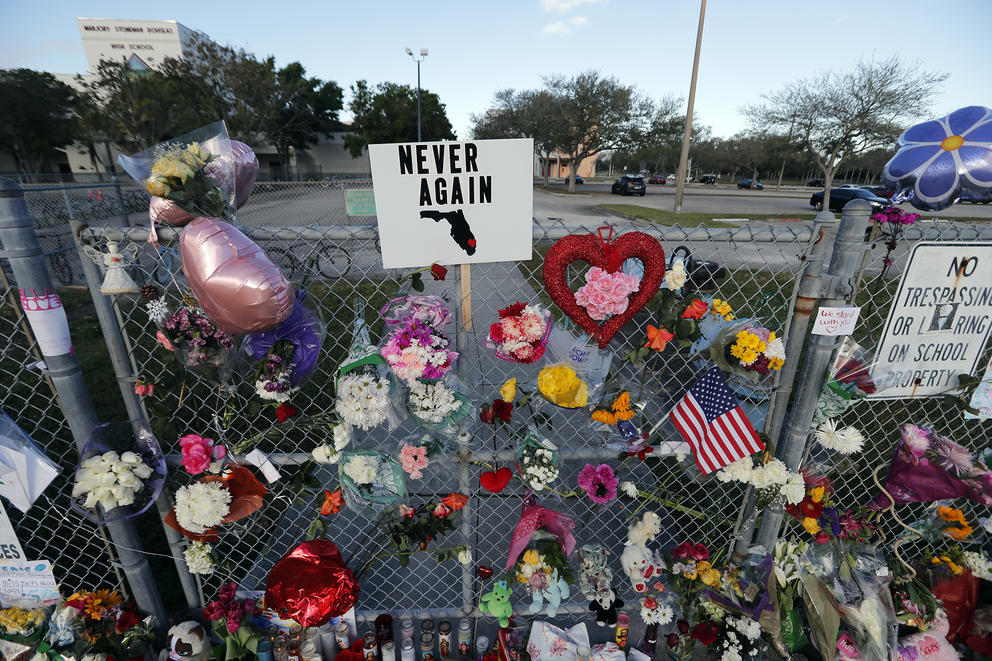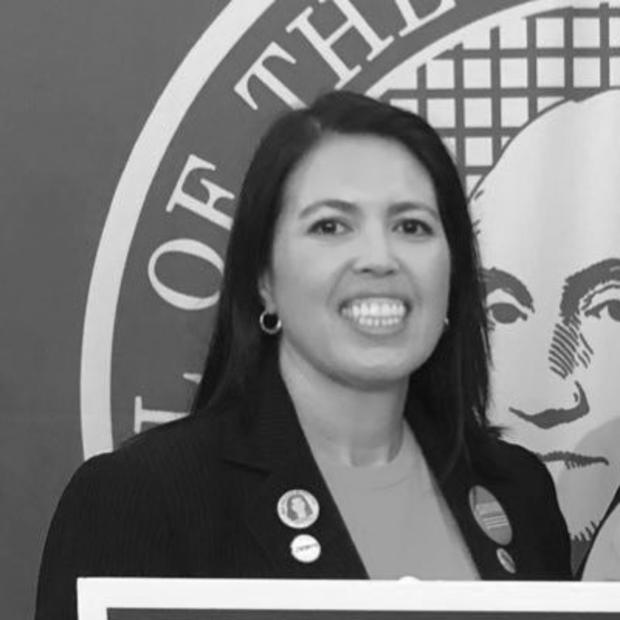She dreamed of going to the prom, attending college to become a medical researcher, finding a cure for ALS and having a family of her own.
But on Feb. 14, 2018, a former student armed with an AR-15 equipped with a high-capacity magazine ended Carmen’s dreams. With 300 rounds of ammunition and an assault rifle, he carried out his own dream: committing a mass school shooting.
The shooter was able to kill 17 students and staff and wound 17 more in just seconds. In less than two minutes, he was able to unpack his rifle, load his magazines and open fire on the first floor. In those 120 seconds he shot 24 students and staff, killing 11 and injuring 13.
Carmen was one of those victims. She was shot four times while trying to hide in her AP Psychology class.
The gunman continued his rampage on the third floor, where he killed six more and wounded four others in just two more minutes.
A few seconds is all it took to change our lives forever. A few seconds could have been the difference between Carmen and three of her classmates making it to the safe corner of their classroom.
A few extra seconds could have allowed someone to disarm the shooter as he reloaded. But the shooter’s high-capacity magazines meant that he did not have to pause for a few seconds — seconds that could have been the difference between life and death — to reload.
High-capacity magazines, magazines that hold more than 10 rounds of ammunition, make it easier for a shooter to fire more rounds faster. That is one of the reasons they are so common in mass shootings.
A review by Mother Jones found that about half of all mass shootings between 1982 and 2012 involved large-capacity magazines. All five of the deadliest mass shootings in the United States in the past decade — Las Vegas, Orlando, Newtown, Sutherland Springs and Parkland — involved high-capacity magazines. In Washington, shootings in Mukilteo, Burlington, Seattle and Spokane have been carried out using firearms equipped with high-capacity magazines.
And when high-capacity magazines are used in mass shootings, more people are shot and more are killed. According to a recent review, mass shootings involving high-capacity magazines resulted in an average of five times as many people being shot as in those instances that did not.
No policy can bring Carmen back, but there are things we can do to prevent other families from experiencing what mine did.
Right now, there is a proposal in front of the Washington state Legislature to restrict access to high-capacity magazines. The proposed legislation would change the dangerous status quo by prohibiting the possession, distribution, manufacture, sale and transfer of high-capacity magazines. Research shows that policies like this work to reduce the use of high-capacity magazines in crime. And when high-capacity magazines are used less often in crimes, fewer people are shot and fewer people are killed.
No one law alone can end gun violence, but this policy will work to reduce the scope of gun violence in Washington state.
After Carmen’s death, my husband and I moved to the Seattle area with our youngest daughter in hopes of healing and moving forward. Each day has moments of emptiness without Carmen, but Washington also brings us hope. Knowing that the Legislature passed 10 gun safety bills last year and that voters of this state have overwhelmingly approved three gun violence prevention measures on the ballot gives me hope.
Now I hope that our elected officials take the opportunity before them to pass a common sense measure so that other families do not suffer the tragedy that mine has.



